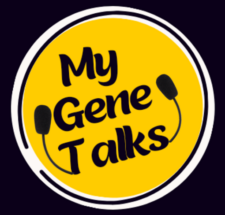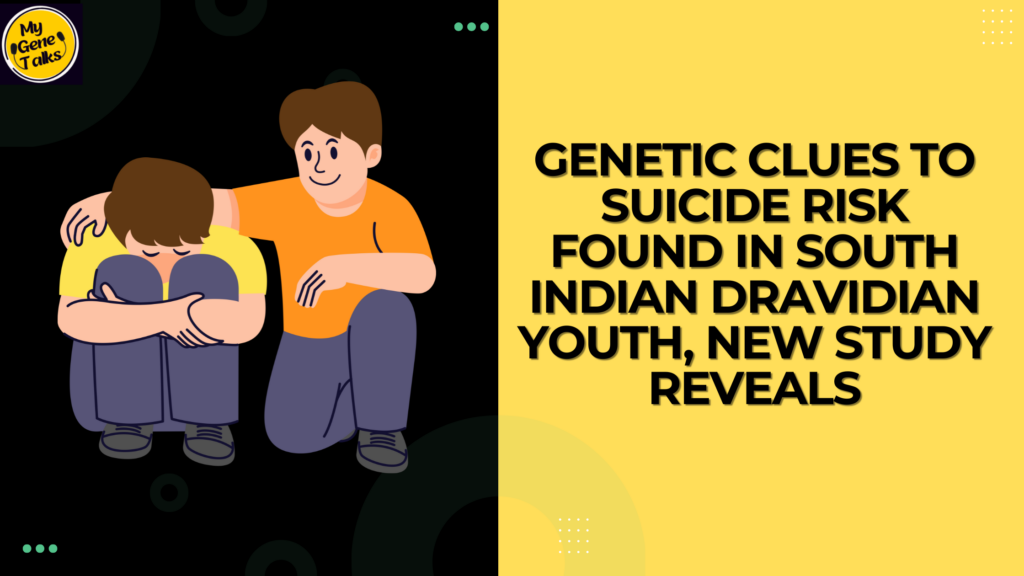Imagine this: You wake up in the morning, and your AI health assistant greets you.
"Good morning! You slept for 7 hours, but your heart rate was a bit high. Maybe take it easy today. Also, based on your blood sugar trends, avoid sweet coffee."
In this blog post, we’ll deal with:
What it means to train AI on your health data
How you can technically do it today
Why it’s risky
Safer ways to explore AI in your health journey
What the future holds
What Does “Training AI on Health Data” Mean?
Training AI means teaching it using your personal information. Just like a fitness coach learns about your habits and needs, AI learns by reading your data and noticing patterns.
In simple terms, you give AI tools access to:
Your daily steps
Your sleep hours
Blood parameters
Mood or symptom journals
Workout routines
DNA reports or lab test results
Over time, the AI can analyze all this and try to give you personalized advice.
Imagine saying:
“Hey, I’ve been feeling tired. What could be the reason?” And it replies:
“Your sleep dropped last week. You also skipped your vitamins. Based on your DNA, you may have low B12 absorption. Let’s focus on that.”
Let’s talk about how this actually works.
How Can You Train an AI on Your Health Data Today?
You don’t need to be a coder. Many tools today let you build your own “AI health coach” without programming.
Tools You Can Use
ChatGPT or Gemini: for conversation and advice
Google Sheets or Notion: to track your daily logs
Fitness trackers like Fitbit or Apple Health: for raw data
Zapier / IFTTT: for automating reminders or reports
DNA services like 23andMe: for genetic data
Example Setup
You track your sleep in a Google Sheet.
You log your mood in Notion.
You sync your steps via Fitbit.
Each week, you copy this info into ChatGPT and ask:
“What trends do you see in my sleep and mood over the past 7 days?” ChatGPT gives you a summary, maybe even suggests:
“Try meditating before bed. Your sleep improves on days you walk more.”
This sounds helpful, but here’s where the caution begins.
Why it’s risky: 5 big reasons
Privacy Risk: Your Health Data Is Extremely Sensitive
Would you share your medical records on social media?
Of course not. But when you feed your personal health logs into public AI tools, there’s always a risk they might:
Store that data in cloud servers
Use it to train other models
Be accessed in a breach
Even with privacy settings, you can never be 100% sure how your data is being used. That’s a scary thought when we’re talking about your body, your mind, your medications.
AI Can Get It Wrong : AI tools are smart, but they’re not doctors. They don’t truly “understand” your condition. They don’t feel. They don’t ask follow-up questions like your physician would.
So they may:
Give wrong advice
Miss important warning signs
That could be harmful or even life-threatening.
One-Size-Fits-All Doesn’t Work in Health: Even if you give it your blood tests, fitness logs, and family history the AI doesn’t really know your full story. It doesn’t know:
What emotional stress you’re under
How your body reacts to certain foods
The cultural or financial background behind your choices
True health advice needs a human touch, at least for now.
Ethical and Legal Issues: Let’s say you do train your AI coach. Then what?
Who owns that model?
Can it be used against you (e.g., by insurance companies)?
Are you legally protected if it gives wrong advice?
This lack of regulation makes it risky to dive in too deep.
You Might Start Relying on AI Too Much: You may start:
Ignoring real doctors
Self-diagnosing everything
Feeling dependent on a machine to make simple choices
Health is about balance, trust, and real-world feedback, not just digital dashboards.
What You Can Safely Try Right Now
We’ve covered the risks, let’s talk about safe and smart ways to use AI in your health journey today.
Use AI for Journaling and Reflections:
You can ask:
“Summarize my last 5 days of mood and food logs.”
“Give me a motivational quote every morning.”
These things are helpful, non-medical, and don’t need deep analysis.
Get Basic Trends and Summaries: Feed your AI tools simple data and ask:
“What’s my average sleep this week?”
“How often did I feel tired after heavy meals?”
You’ll spot patterns, but don’t treat these as medical facts.
Use It as a Second Brain, Not a Doctor
Think of AI like a clever assistant, not your main advisor.
Ask it for:
Wellness ideas
Grocery lists based on diet
Light exercise routines
Then talk to a real healthcare provider before making big changes.
Future of AI in Healthcare
The future of AI in personal health looks incredibly promising. Just not yet.
Encrypted AI Health Assistants: Secure tools that protect your data and never send it to the cloud.
Federated Learning: AI learns from your data on your device, without uploading it.
Regulated Medical AI: Tools built by doctors, approved by health authorities.
AI + DNA Insights: Advanced platforms that combine your genetic data and lifestyle for truly personalized, safe suggestions, ethically built.



